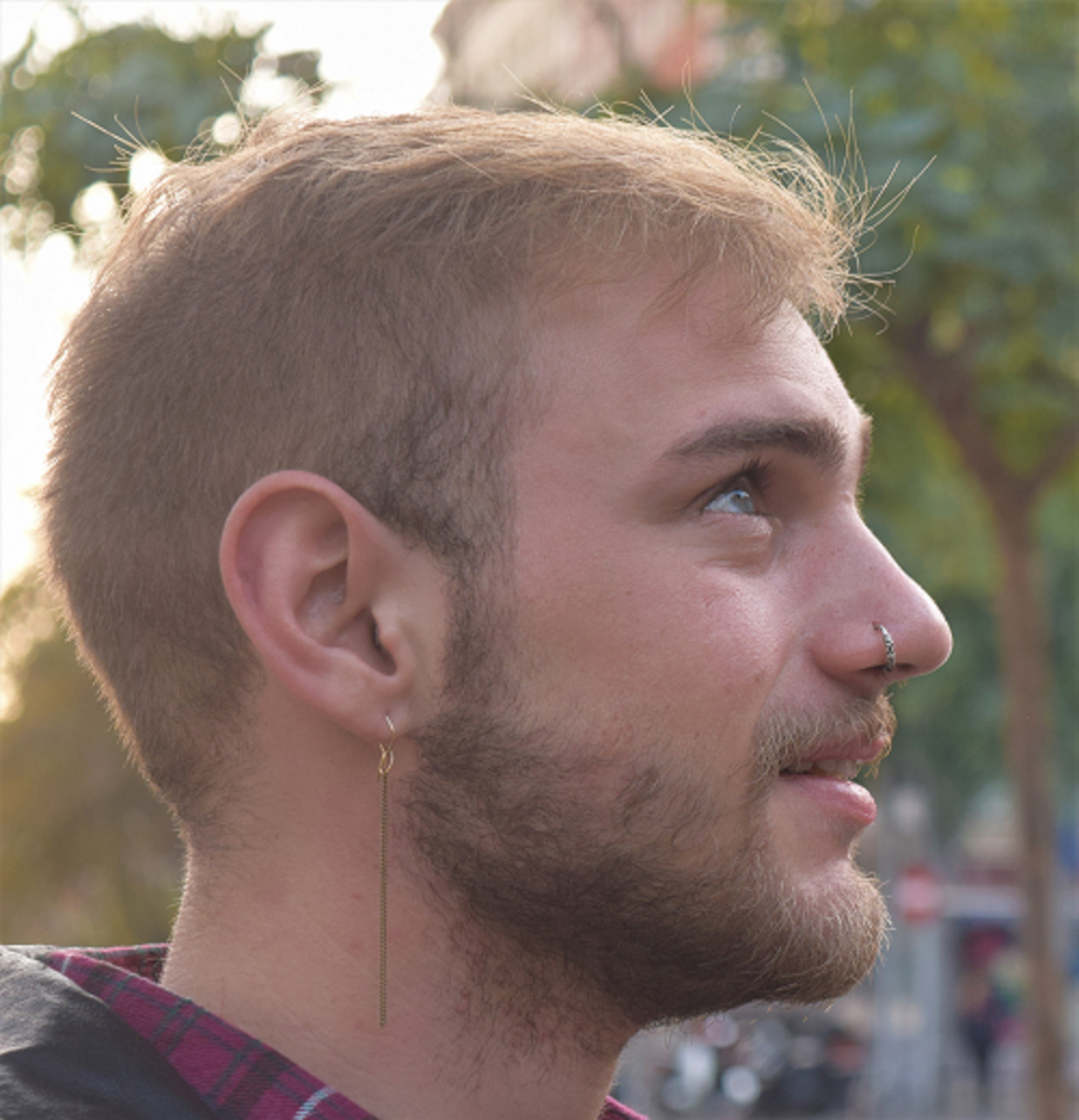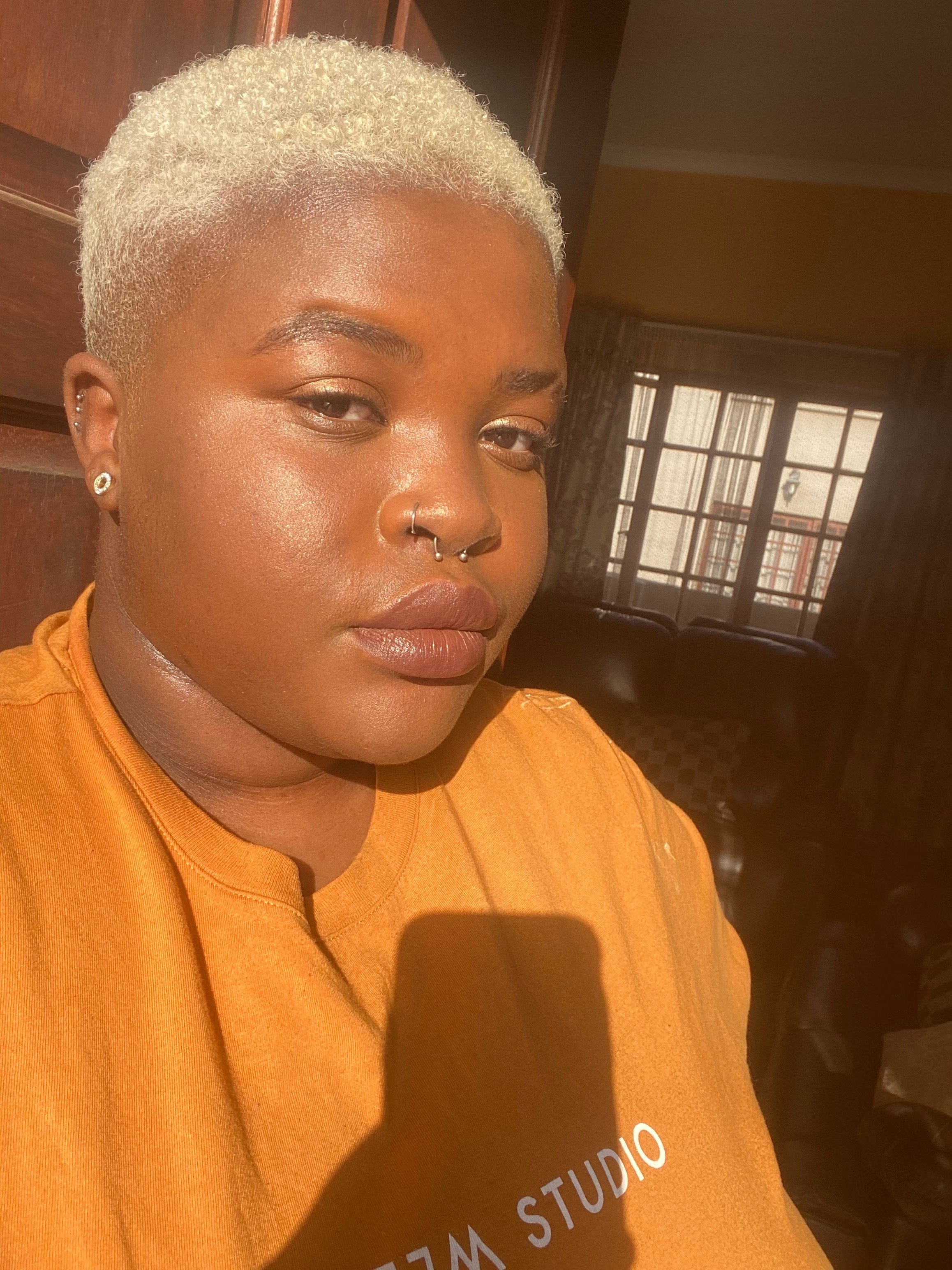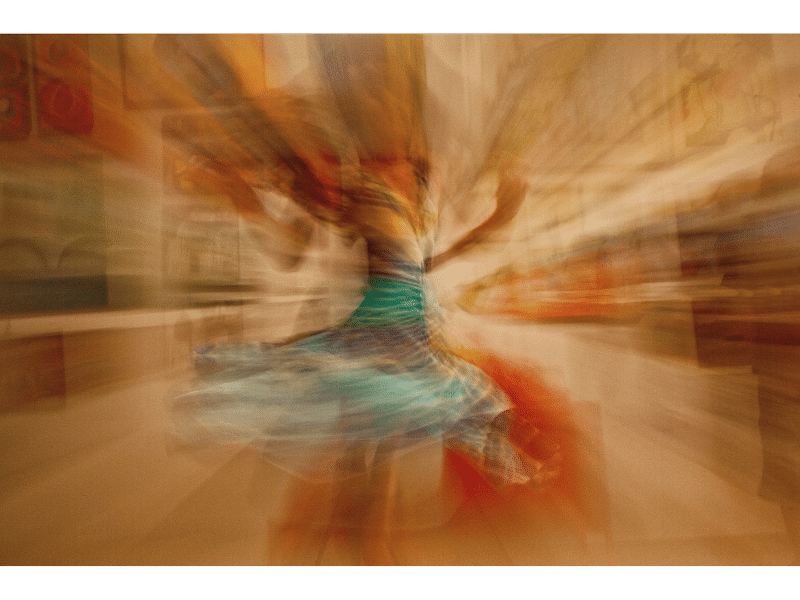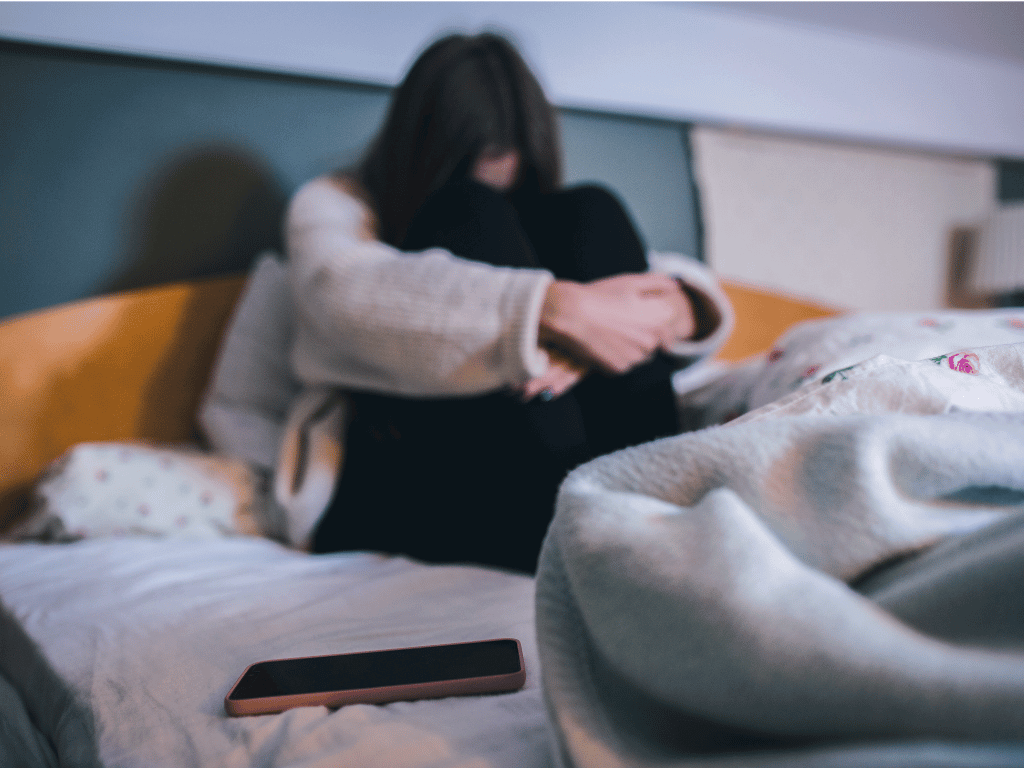With ADHD, it's common to have a rather unusual sleep schedule. Sleep problems are the most common comorbidity of ADHD. The Diagnostic and Statistical Manual of Mental Disorders (DSM) lists excessive movement during sleep as a diagnostic criterion for ADHD.
Getting good sleep is essential for people with ADHD, but implementing a healthy sleep schedule may be incredibly difficult.
Let's explore the connections between sleep issues and ADHD.
Too tired; didn't read (give me the highlights)
- Sleep disorders are the most common comorbidity of ADHD. 43-80% of adults and children with ADHD may suffer from various sleep problems.1
- It can be challenging for clinicians to separate sleep disorders from ADHD since they often present with similar symptoms.
- Underlying sleep disorders can be overlooked, although standardized screening for sleep problems in suspected ADHDers is becoming more common.
- Common comorbid sleep disorders in ADHDers include circadian rhythm disorders and restless leg syndrome.
Does ADHD cause sleep problems, or do sleep problems cause ADHD symptoms?
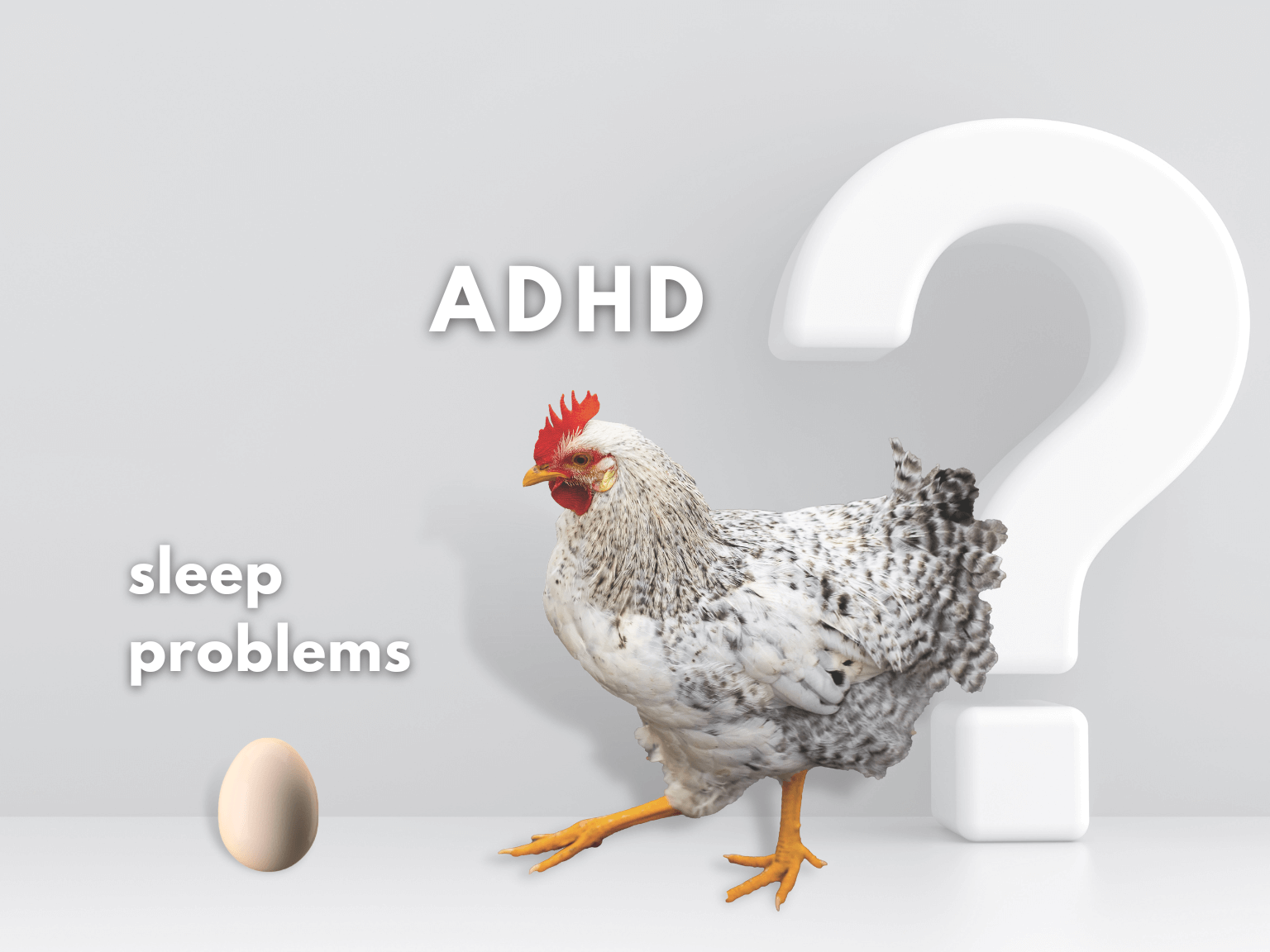
Sleep disorders can be an integral part of diagnosing ADHD, but sleep disorders could also be the reason for those ADHD symptoms.
Sleep problems are so common in the ADHD population that they were once part of the DSM diagnostic criteria for ADHD and are still considered when medicating ADHD symptoms.
ADHD is intrinsically linked to sleep disruptions or circadian clock disruptions because the two share common neurological etiology.2 Sleep problems and ADHD share the same brain regions associated with attention, arousal, and sleep regulation.3
The underlying cause for some ADHD symptoms like hyperactivity, inattention, and impulsivity may be a sleep disorder. Sometimes the two conditions interact, making the disentanglement necessary for treatment even more challenging.4
Common comorbid sleep disorders in ADHD
Circadian rhythm disorders
For neurotypicals, the circadian rhythm is an inner clock that keeps track of the sleep-wake-cycle and is regulated by the sun's light-dark-cycle. However, many ADHDers' internal clocks and sleep-wake-cycle don't correspond to the sun.
In one study, 91.7% of participants with the combined ADHD subtype went to bed late and said they were "not tired or too [wound] up to sleep."5 There is consistent evidence that ADHD causes disruptions in the circadian rhythm.6
Most children and adults with have a later onset of sleepiness, meaning they are a "late chronotype," more commonly known as night owls.
But simply calling ADHDers "night owls" is a slight understatement, as it can cause extensive trouble in life. "Social jetlag" happens when the body's inner clock doesn't correspond to social obligations. These constant sleep problems can also cause severe health problems.7
Sleep-disordered breathing
Sleep-disordered breathing mostly shows up as snoring or sleep apnea. The effects are disturbed sleep and, thus, daytime sleepiness. Some studies suggest that treating sleep-disordered breathing as a whole may reduce ADHD symptoms.8
Restless leg syndrome
The condition is characterized by a tingling, stinging, or otherwise unpleasant sensation in the legs and an irresistible urge to move them. It typically worsens in the late afternoon and night, and people with this syndrome spend more time in the less restorative light sleep phases.9
Experts believe that the condition might originate from iron or dopamine deficits.
Narcolepsy
Narcolepsy is characterized by suddenly and uncontrollably falling asleep, causing sleep disturbances and excessive daytime sleepiness.
Studies suggest a 33% prevalence of ADHD among the narcoleptic population.10
Insomnia
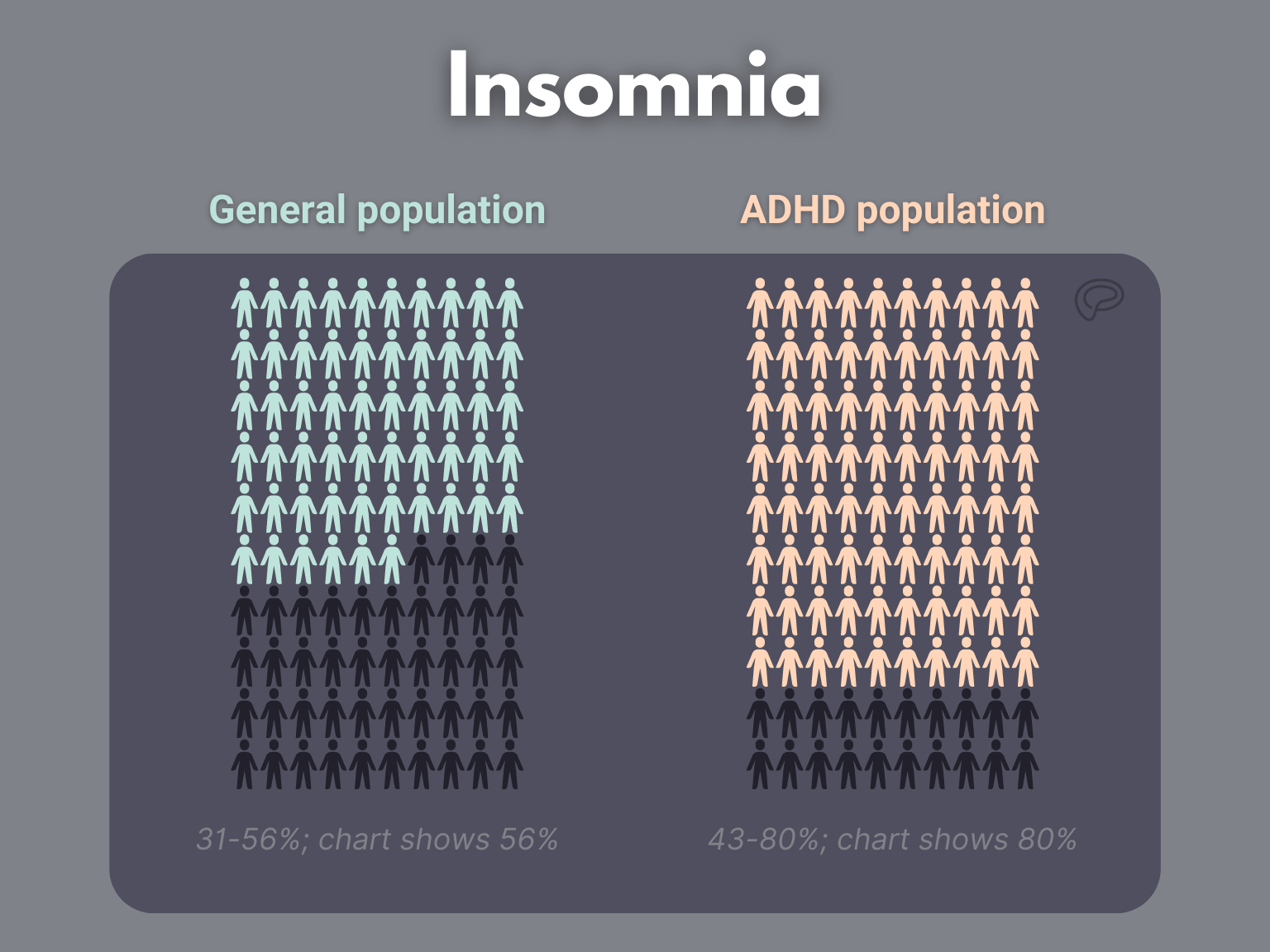
Insomnia is a more general term referring to a "dissatisfaction with sleep quantity or quality, difficulty initiating or maintaining sleep, and early morning waking, for at least three nights per week over at least three months."1
The overall prevalence among the general population is estimated to be between 31 and 56%, while it ranges from 43 to 80% in the ADHD population.1
Now what?
Check out our suggested method for getting better sleep, the 10-3-2-1-0 method. Or, you can start your free trial on the Inflow app and learn more about how sleep and ADHD are related.
-
Sources
1 Current Psychiatry Reports | Adult Attention-Deficit/Hyperactivity Disorder (ADHD) and Insomnia: an Update of the Literature
2 Attention Deficit and Hyperactivity Disorders | Associations of sleep disturbance with ADHD: implications for treatment
3 Journal of Attention Disorders | Future research directions in sleep and ADHD: report of a consensus working group
4 Attention Deficit and Hyperactivity Disorders | The role of the circadian system in the etiology and pathophysiology of ADHD: time to redefine ADHD?
5 Chronobiology International | Delayed sleep timing and symptoms in adults with attention-deficit/hyperactivity disorder: a controlled actigraphy study
6 Attention Deficit and Hyperactivity Disorders | A systematic review of circadian function, chronotype and chronotherapy in attention deficit hyperactivity disorder
7 Nutrients | Social Jetlag and Related Risks for Human Health: A Timely Review
8 Sleep Medicine Reviews | Attention deficit hyperactivity disorder and sleep disordered breathing in pediatric populations: a meta-analysis
9 Sleep Medicine | Time structure of leg movement activity during sleep in attention-deficit/hyperactivity disorder and effects of levodopa
10 Sleep Medicine | Prevalence of attention deficit hyperactivity disorder symptoms in narcolepsy: a systematic review

